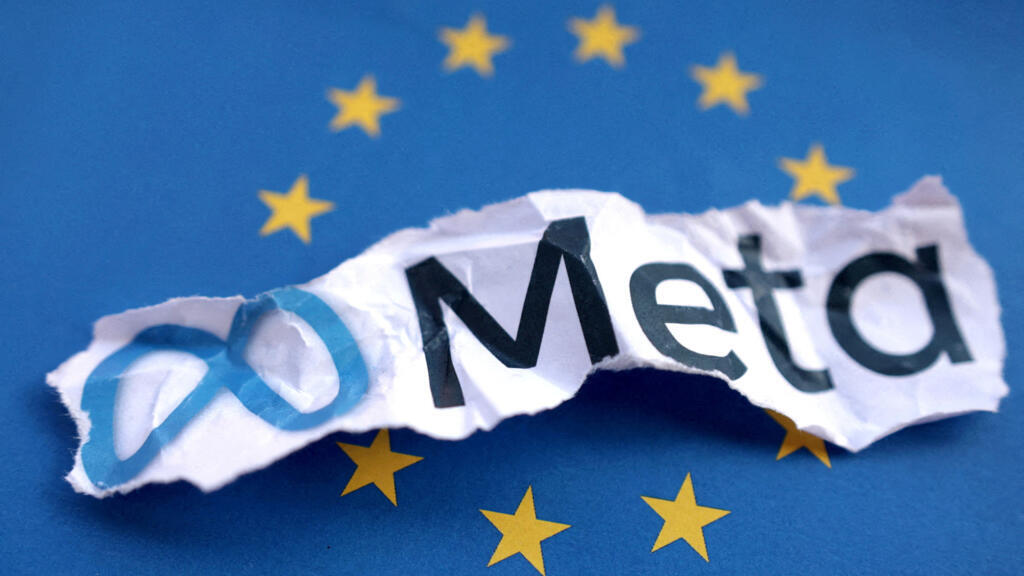
The European Union has accused social media giants Meta and TikTok of breaking the bloc’s strict rules on online content, opening the door to potentially hefty fines.
In a statement released on Friday, the European Commission said Meta’s Facebook and Instagram platforms, along with TikTok, had violated the Digital Services Act (DSA) – the EU’s flagship legislation on online transparency and accountability, which came into force last year.
The DSA demands that major online platforms do more to tackle illegal content, open up their algorithms to scrutiny, and ensure researchers can study how their systems affect users – particularly children.
According to the Commission, both Meta and TikTok have failed to give researchers “adequate access to public data”, a key requirement meant to allow independent experts to track everything from the spread of misinformation to children’s exposure to harmful content.
EU countries push for stricter rules to keep children off social media
Regulators also accused Facebook and Instagram of making it too hard for users to flag illegal content or challenge moderation decisions.
The EU said the Meta platforms had adopted deceptive interface designs, also known as “dark patterns”, that make it confusing or discouraging for users to take action when they wish to report harmful material, such as child sexual abuse or terrorist content. “Such practices can be confusing and dissuading,” the Commission warned.
Meanwhile users who have their content removed or accounts suspended by the platforms lack a way to make a detailed appeal, it said.
Potential penalties
Meta and TikTok will now have the chance to review the Commission’s evidence and submit commitments to address its concerns. If the EU finds those responses inadequate, it can impose fines of up to 6 percent of a company’s global annual turnover – a potentially massive penalty for the two social media giants.
Meta insisted that it had already made changes to meet EU requirements. “We disagree with any suggestion that we have breached the DSA,” the company said, pointing to updates it has made to content reporting tools, appeals processes and data access systems since the law took effect.
TikTok, owned by Chinese parent company ByteDance, said it remained “committed to transparency” but warned that DSA rules on sharing data with researchers could clash with the EU’s own General Data Protection Regulation (GDPR).
“We are reviewing the European Commission’s findings, but requirements to ease data safeguards place the DSA and GDPR in direct tension,” a TikTok spokesperson said. “If it is not possible to fully comply with both, we urge regulators to provide clarity on how these obligations should be reconciled.”
Tiktok 'fails' political disinformation test ahead of EU elections
Free speech and Big Tech
Meta and TikTok are already facing several EU investigations – including probes into how addictive their platforms are for children and whether their algorithms amplify harmful content.
The latest accusations against Meta threaten to rile United States President Donald Trump, who has threatened to slap tariffs on countries that he believes unfairly target American tech companies.
Brussels denies its social media rules are overly restrictive. “When accused of censorship, we prove that the DSA is doing the opposite,” said EU digital spokesman Thomas Regnier on Friday. “It is protecting free speech, allowing citizens in the EU to fight back against unilateral content moderation decisions taken by Big Tech.”
(with newswires)







